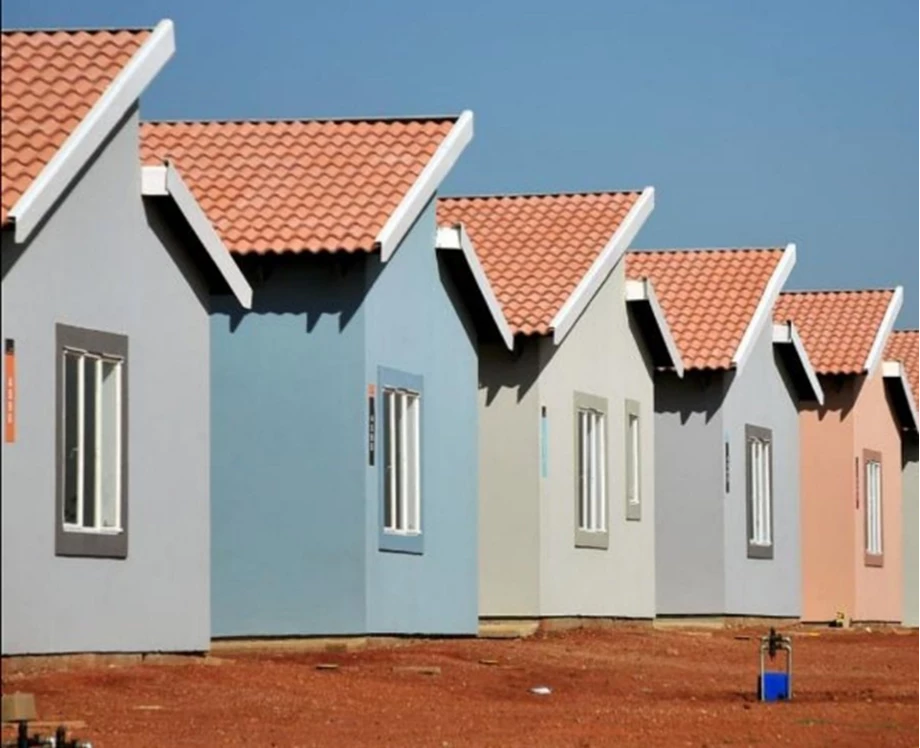The World Bank Board of Directors recently gave its approval to a housing project that will provide low-income families with access to affordable, and resilient housing in Ecuador. This project aims to enhance urban services and infrastructure in certain areas. Simultaneously, it seeks to strengthen the government’s ability to put affordable housing and urban development policies into action.
With a budget of $100 million, the project would fund new housing. It would also build on government programs already in place. It will also urge the private sector to build affordable, sustainable housing in urban and peri urban places.
Also read: Goodwood Social Housing Project Prepares for their first Residents
In order to ease their access to formal housing and enhance neighborhood infrastructure, the project is expected to benefit around 20,000 people.
Who will the affordable housing project prioritize?
It will give priority to households led by women as well as to those with severe and extremely severe disabilities.
Gabriela Aguilera, Ecuador’s Minister of Housing, made a notable statement. She said that, for the first time in the country, the World Bank and MIDUVI worked together to develop a housing finance operation. This operation aims not only to address the qualitative housing deficit but also to ensure neighborhood upgrading.
To meet this, it needs to realize the importance of public spaces and enhance their inclusiveness and safety. This will put cities on the path to sustainable growth. Also, for the first time, Ecuador has an emergency contingency component that will be activated in the case of an El Nino.
What else does the project involve?
As part of the project, efforts will be made to improve urban infrastructure. Additionally, efforts will be made to lessen the likelihood of flooding, land slides, and erosion. These initiatives will include urging the use of low carbon materials and energy efficient technology. The initiative will also work together with local communities. This is with the aim of fostering an inclusive planning process.
The contingency emergency response part of the project allows the reallocation of funds for housing infrastructure ruined after a disaster.
The World Bank’s Country Director for Bolivia, Ecuador, Chile, and Peru, Issam Abousleiman, said Both a right and an aspiration are decent housing. To develop cities that are more inclusive, sustainable, and resilient, it is important to invest in housing. It is also crucial to invest in urban upgrading. Ecuador’s efforts to get rid of inequality gaps, encourage universal access to quality housing, and improve services are supported by the World Bank.
With a 16 year, 6 month repayment term and a 6 year grace period, the loan has a variable interest rate.

